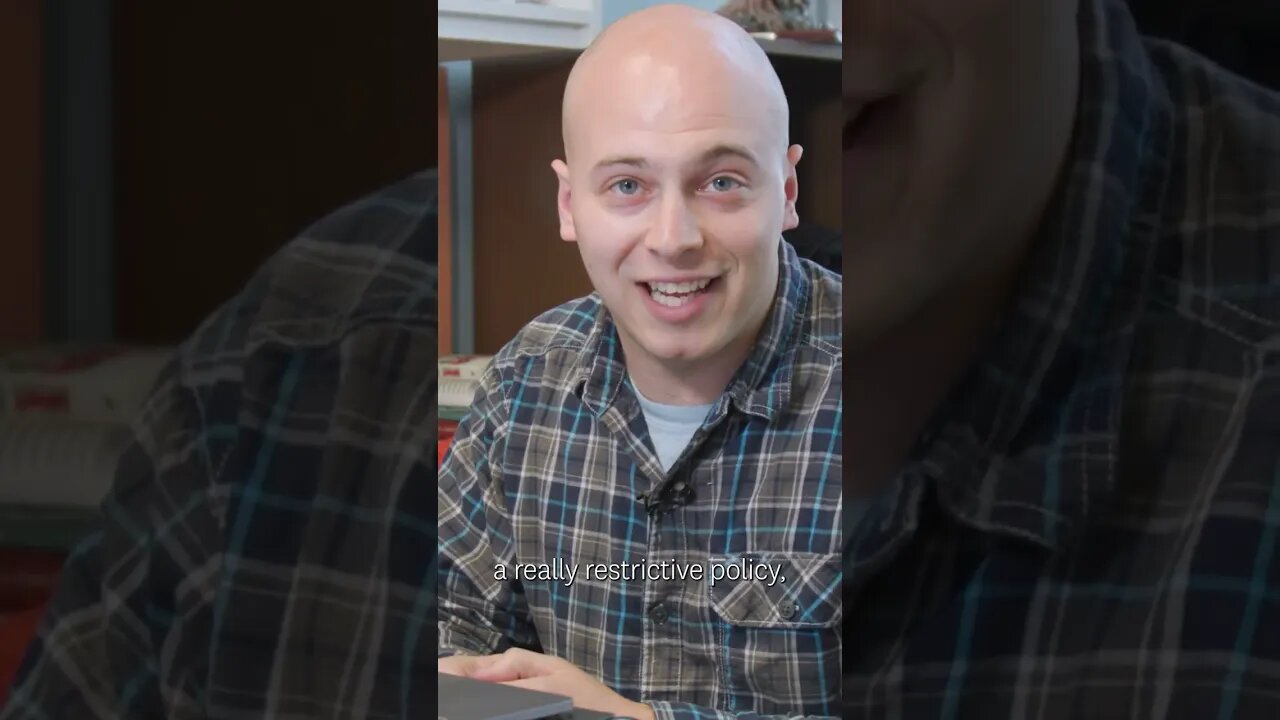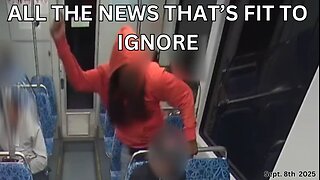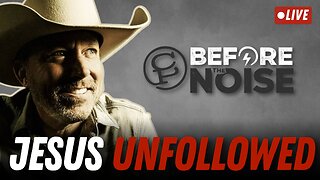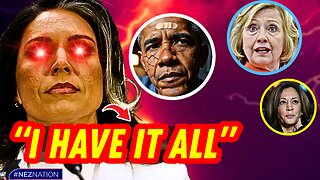Premium Only Content

VICTORY: Black Hills State amends speech-restrictive policy
Amid criticism from FIRE and its student chapter of Young Americans for Liberty, Black Hills State University has changed its free speech policy to ensure speakers with controversial views won’t be censored.
On Jan. 24, as BHSU YAL members took to the campus sidewalks to recruit students and survey them about the Second Amendment, BHSU Director of Public Safety Phil Pesheck ordered the group to stop speaking because they hadn’t filled out a form three days in advance. Pesheck did not mention, however, that the form is not required for student and student organizations to speak on campus. Regardless, he required the YAL members to stop engaging in free speech in the open outdoor areas of the public university campus.
The YAL members, knowing BHSU violated their rights, went directly to the university president’s office to tell her what happened. Within hours, YAL’s president got a call from Pesheck, who apologized.
But that wasn’t enough. In demanding that the YAL members stop speaking to students, Pesheck cited a problematic line of the expressive activity form that raised First Amendment concerns for YAL and FIRE:
“BHSU reserves the right to eject any objectionable person or persons from the premises upon the exercise of authority through any agent or police personnel.”
FIRE wrote BHSU Jan. 31 urging it to remove that line — ripe for viewpoint discriminatory abuse — from its request form and to ensure that university staff and police are educated on students’ First Amendment rights. As we said at the time:
The form’s broad and open-ended carve-out, purporting to give the university the right to silence anyone with views they dislike, flies in the face of the constitutional rights of students and faculty on a public university campus where citizens have broad free speech rights.
Now, BHSU has removed the language stating it will eject “objectionable” individuals from campus.
FIRE commends BHSU for bringing its policy in line with its First Amendment obligations and ensuring university staff and police cannot in the future remove students who are peaceably expressing their views.
-
 LIVE
LIVE
Total Horse Channel
13 hours ago2025 Reno Snaffle Bit Futurity | Monday
19 watching -
 LIVE
LIVE
Matt Kohrs
13 hours agoNew Highs Incoming?! 🚨🚨🚨 Live Trading Futures & Options
645 watching -
 LIVE
LIVE
Wendy Bell Radio
6 hours agoALL THE NEWS THAT'S FIT TO IGNORE
7,643 watching -
 43:26
43:26
MTNTOUGH Podcast w/ Dustin Diefenderfer
8 hours agoRiley Gaines: NCAA Champion's Bold Fight for Fairness and Faith | MTNPOD #132
4.87K2 -
 13:42
13:42
Chad Prather
2 hours agoHolding On When There’s Nowhere Else to Go
4.63K6 -
 LIVE
LIVE
GritsGG
2 hours agoWin Streaking! Most Wins in THE WORLD!🫡
72 watching -
 17:52
17:52
Professor Nez
22 hours ago🚨Trump Drops JAW-DROPPING Find with Tulsi Gabbard! 👀
11.8K16 -
 1:19:14
1:19:14
JULIE GREEN MINISTRIES
4 hours agoCOVID KILLED MANY AROUND THE WORLD AND JUSTICE IS COMING FOR THOSE DEATHS
100K187 -
 1:03:06
1:03:06
Game On!
18 hours ago $3.62 earnedThe BIGGEST Plays From NFL Week 1!
30.5K4 -
 13:27
13:27
Clownfish TV
17 hours agoSydney Sweeney Backlash BACKFIRES! American Eagle Stock UP 38%! | Clownfish TV
52.7K12